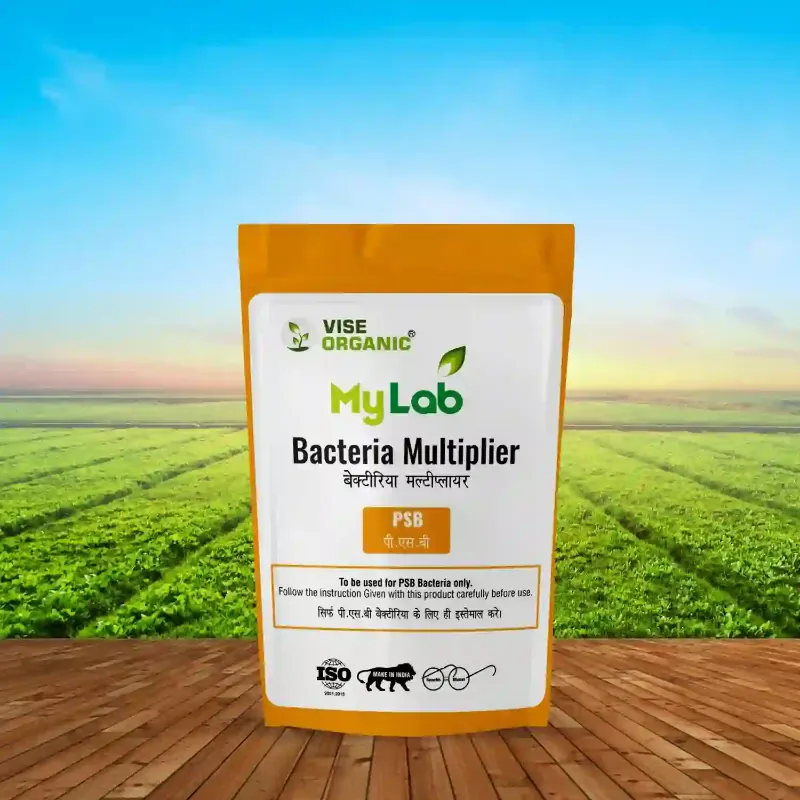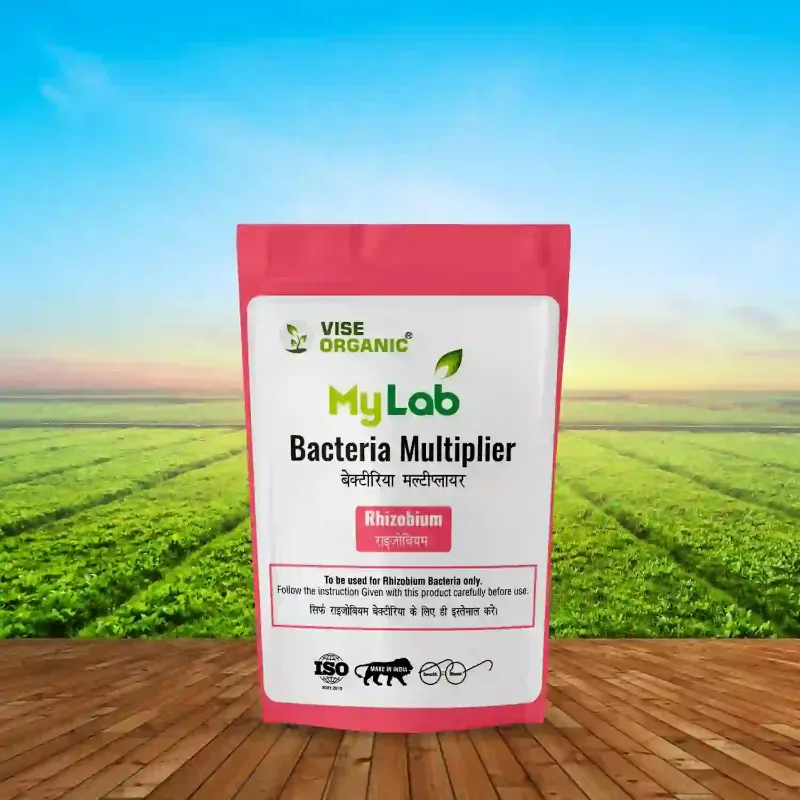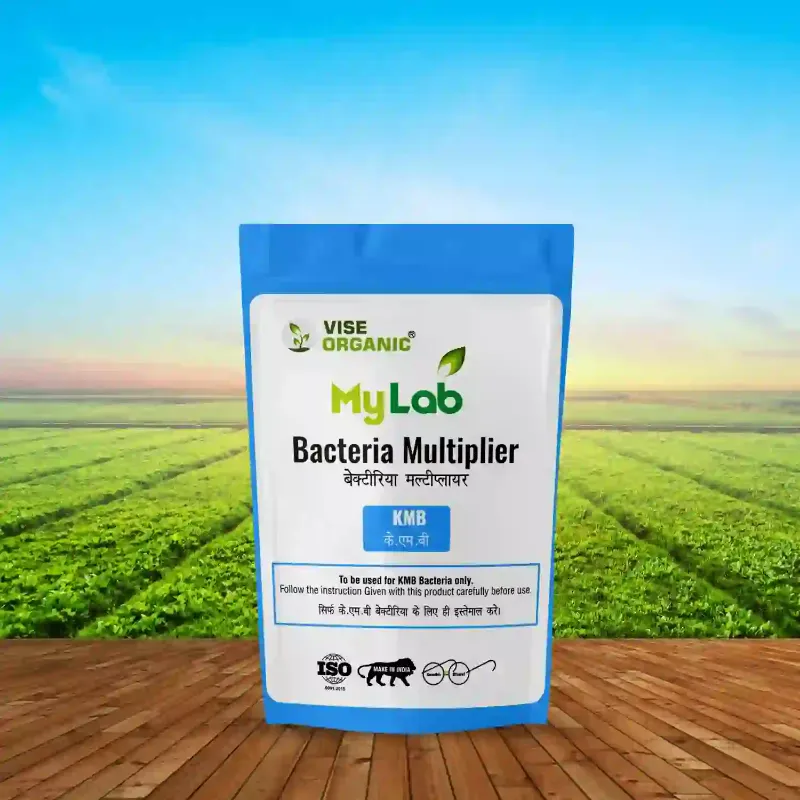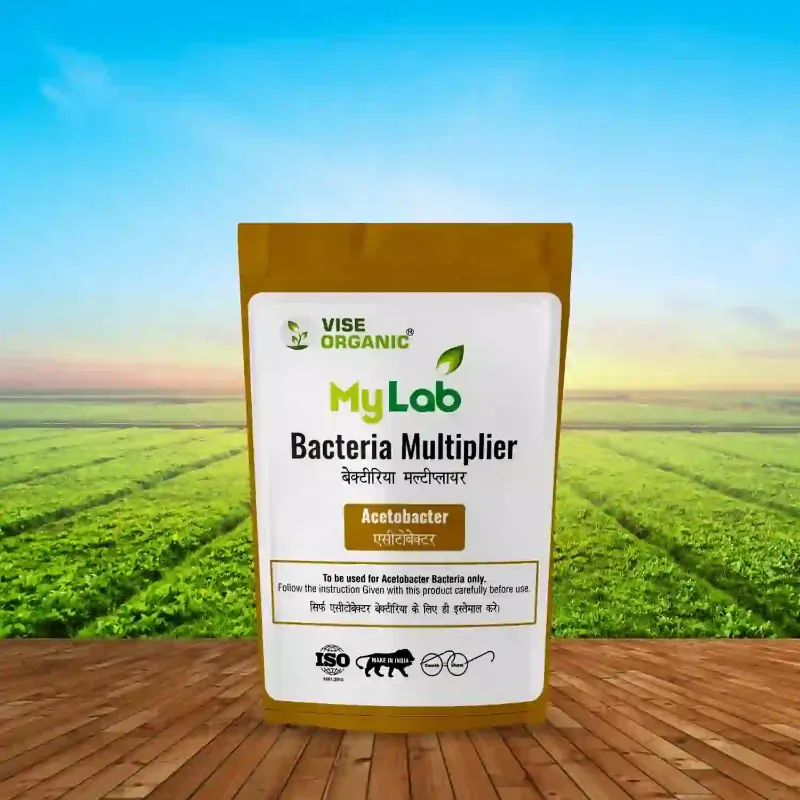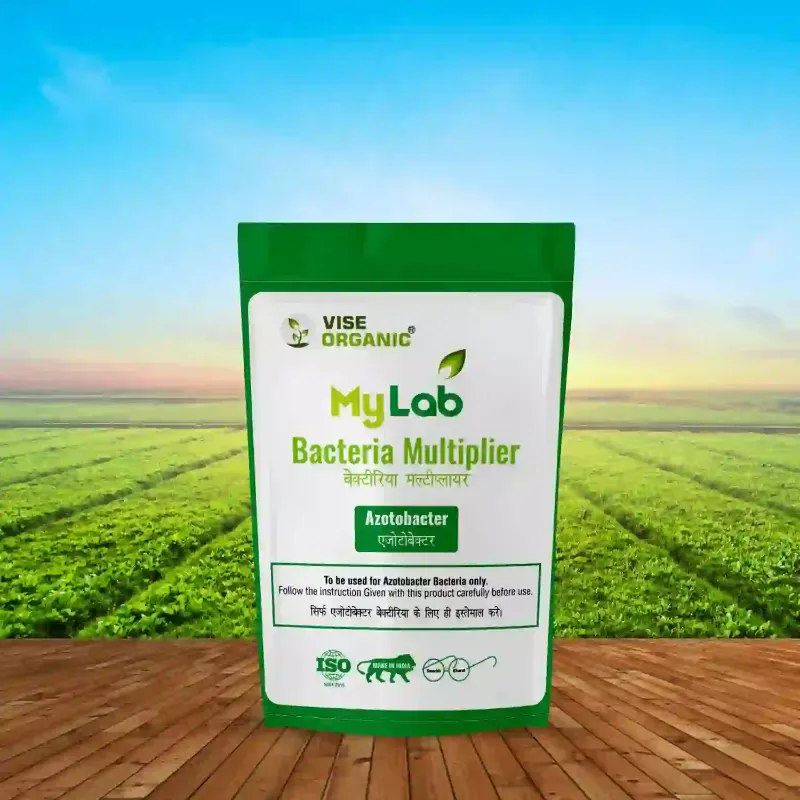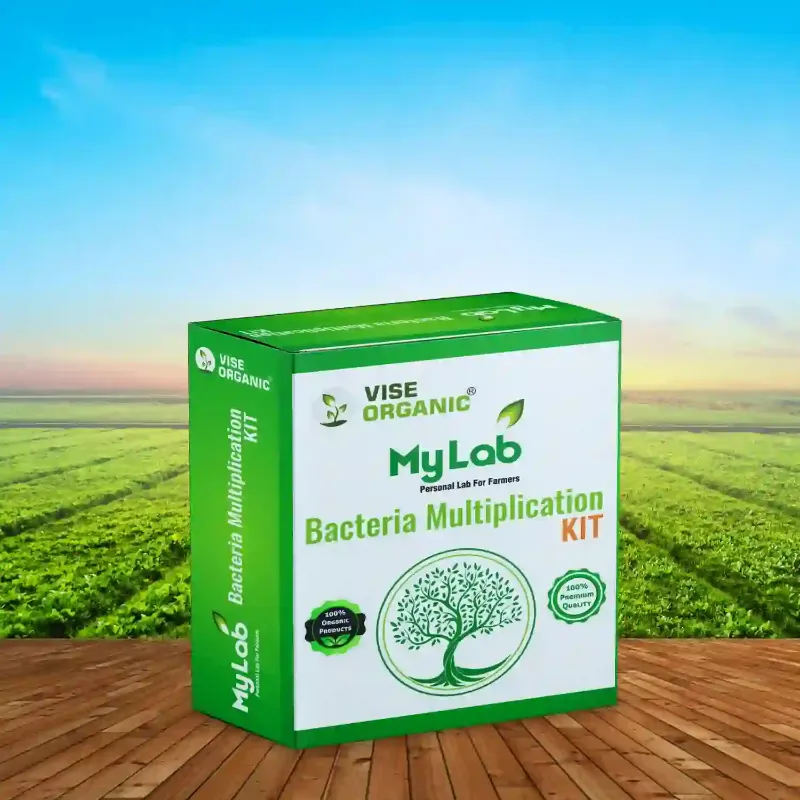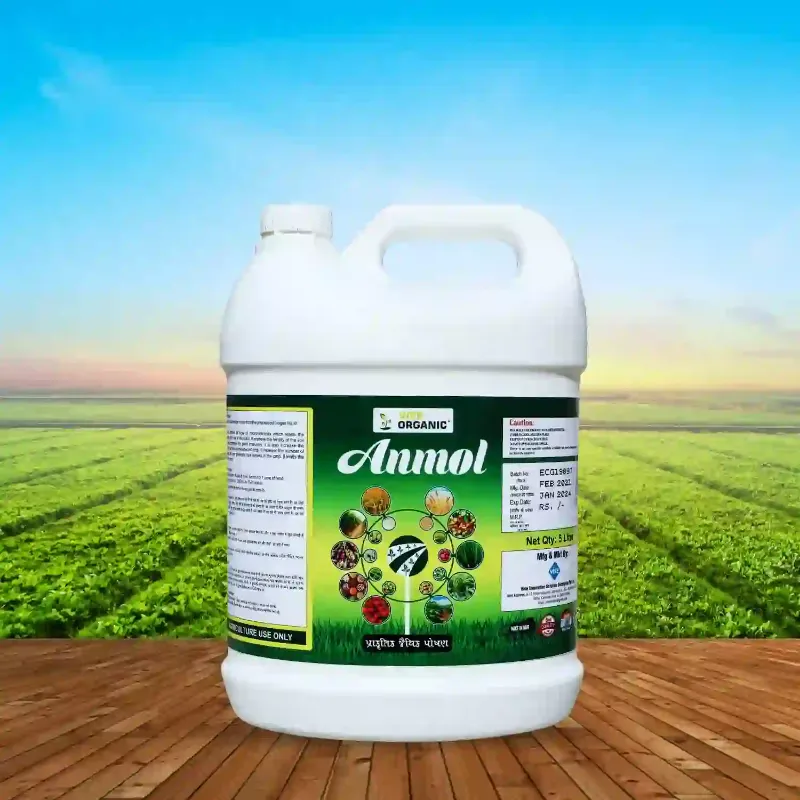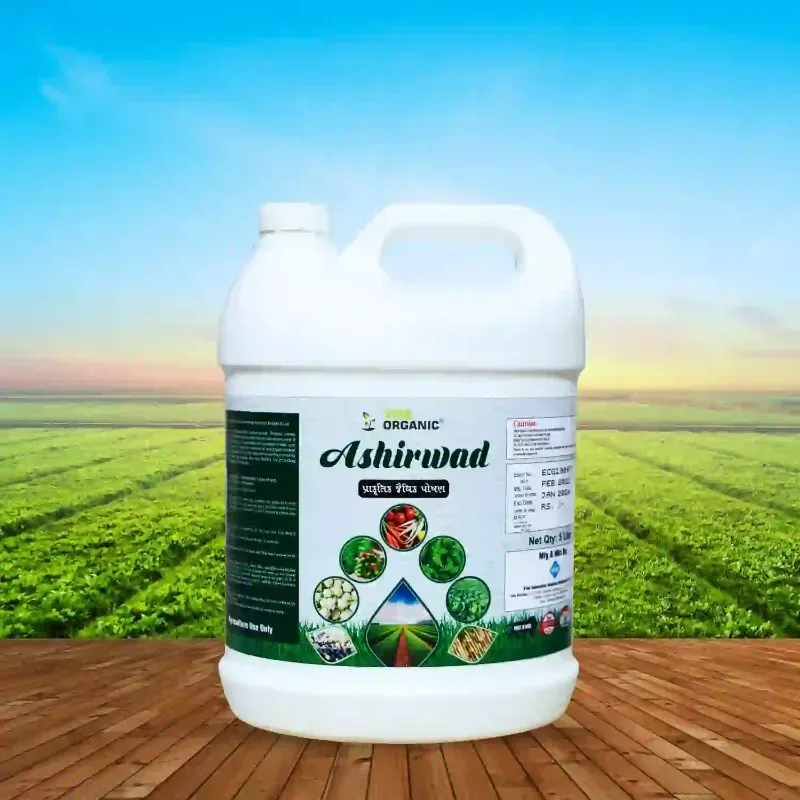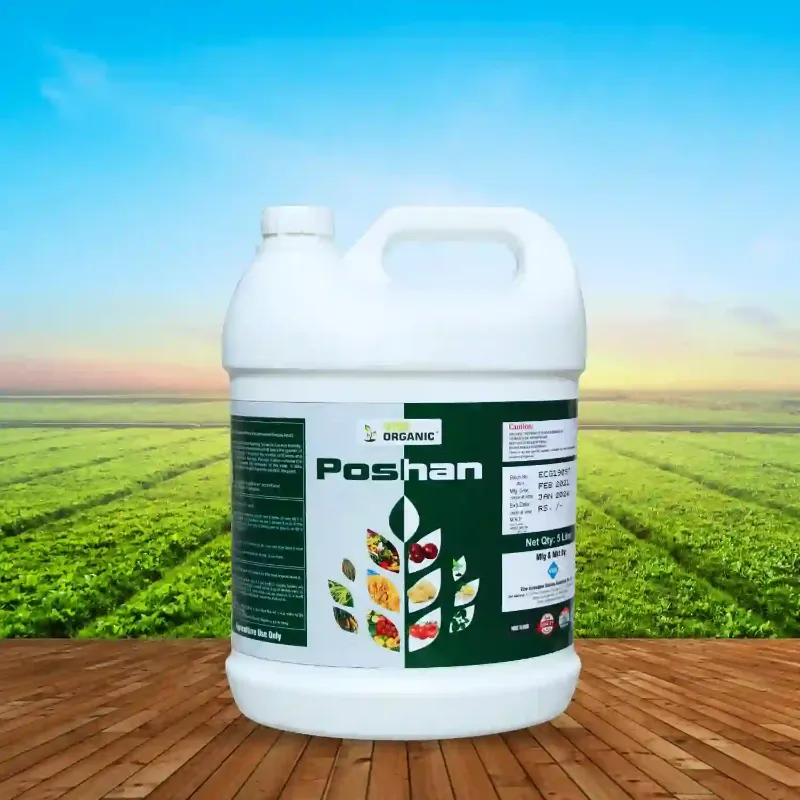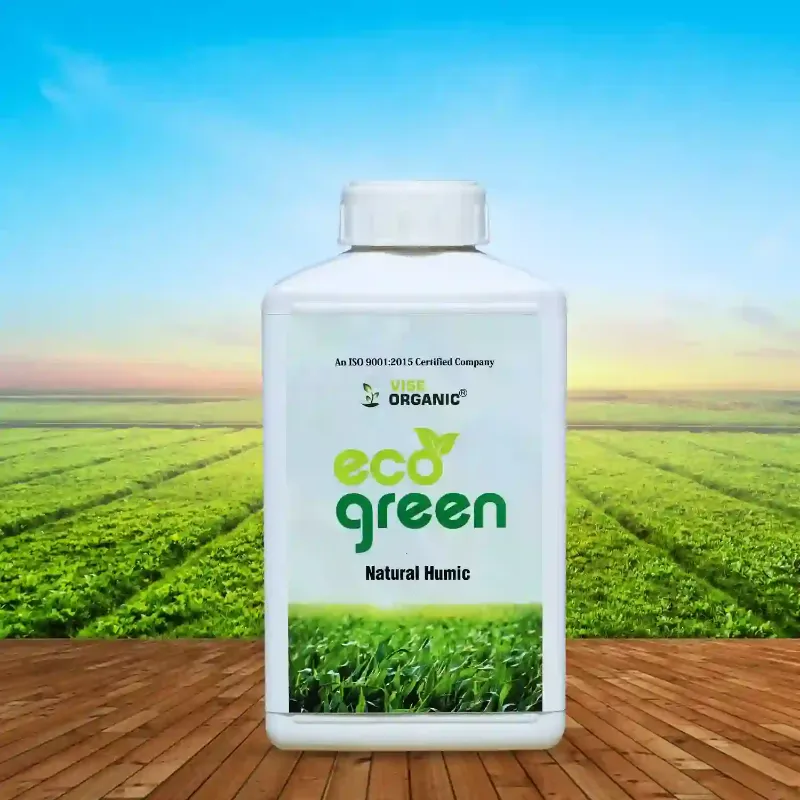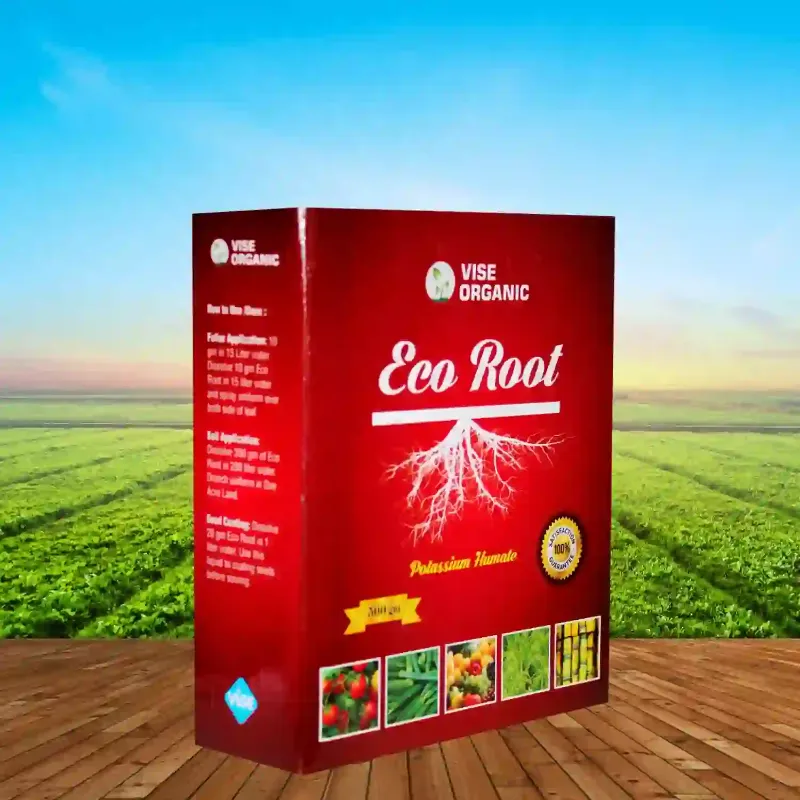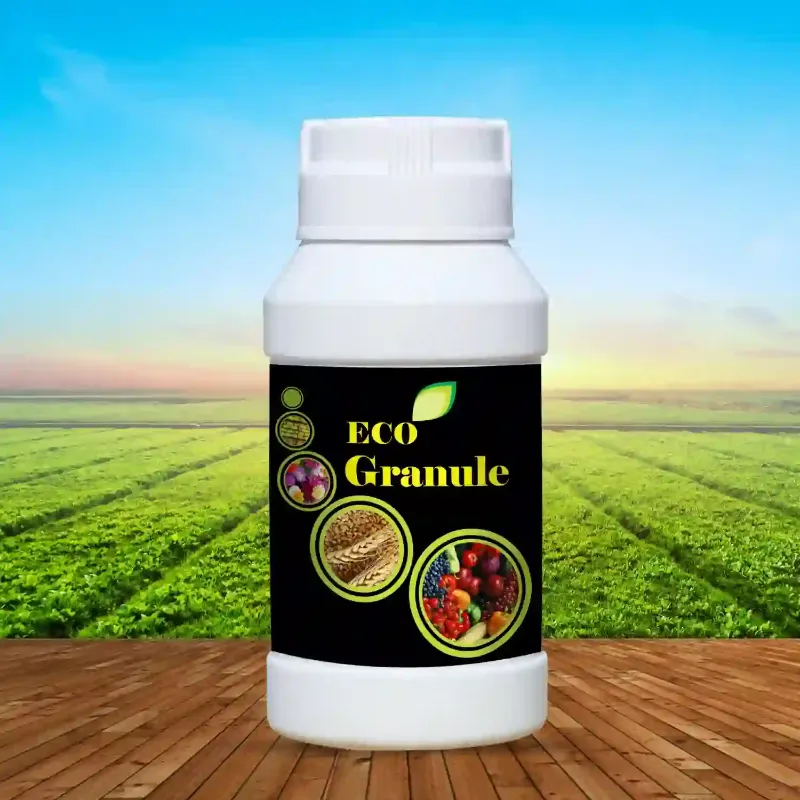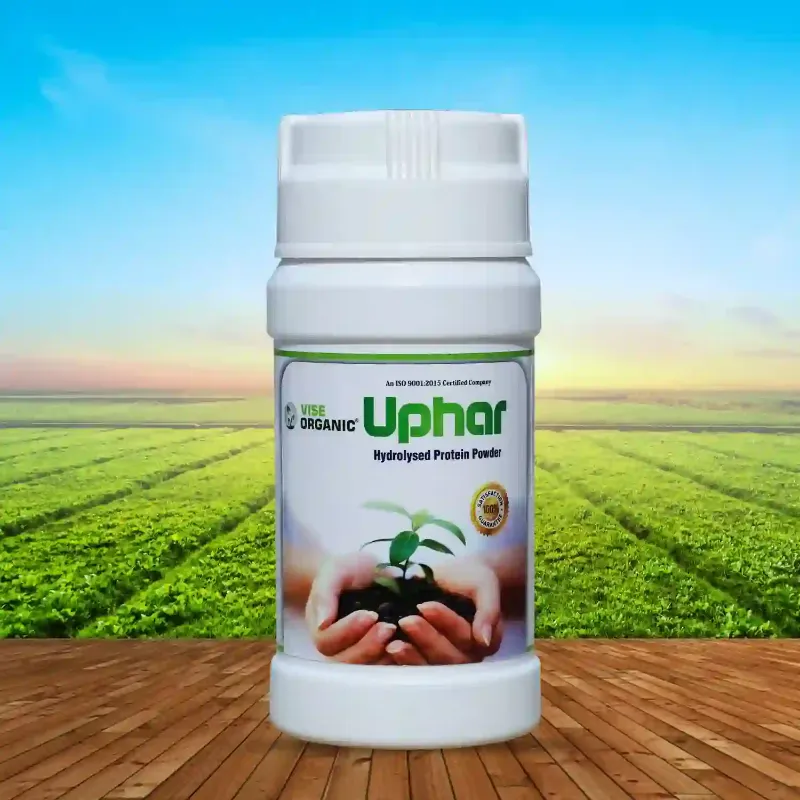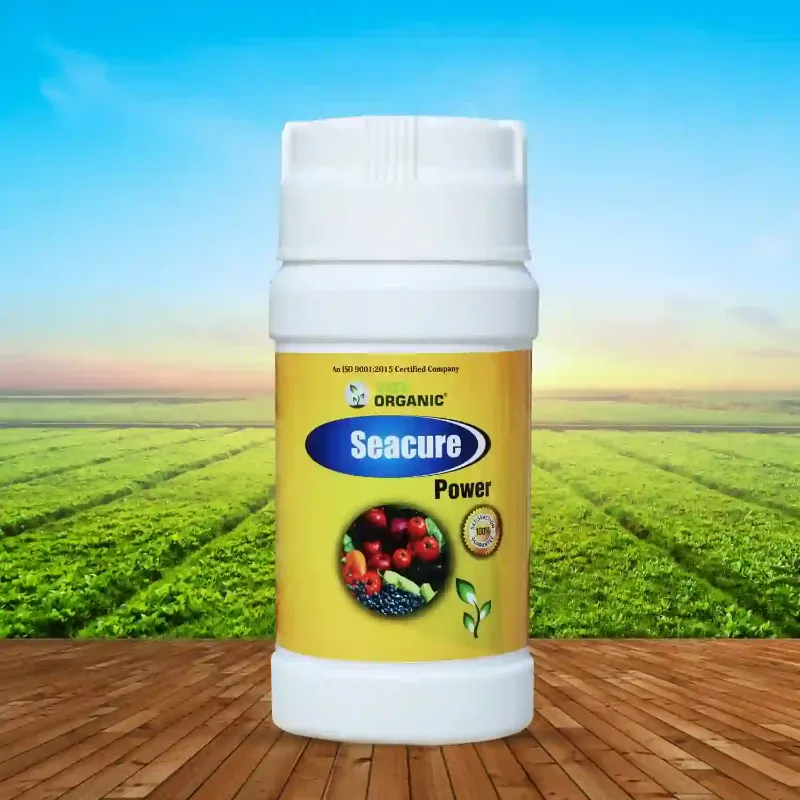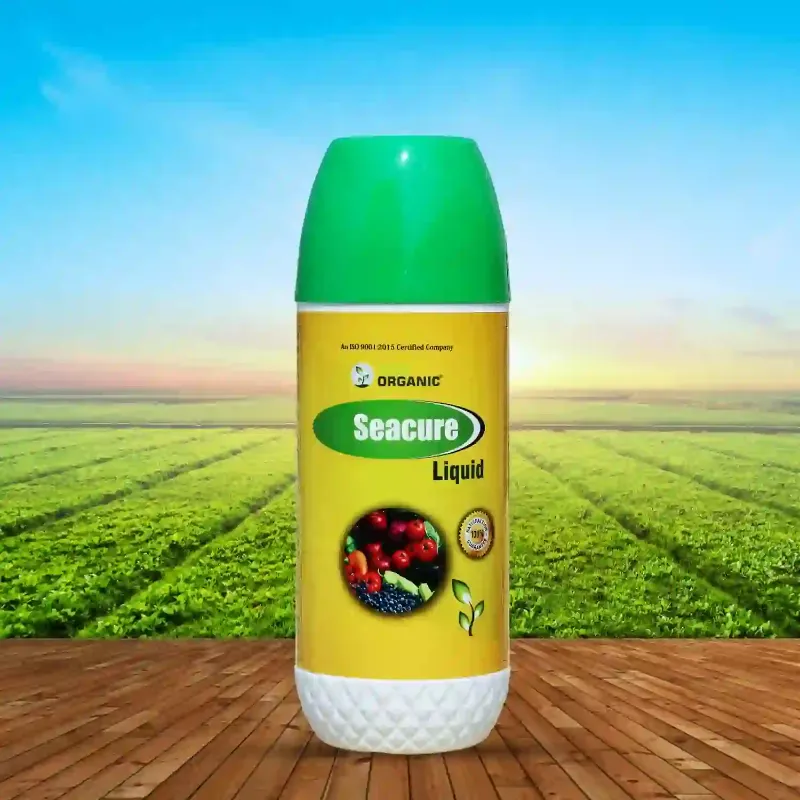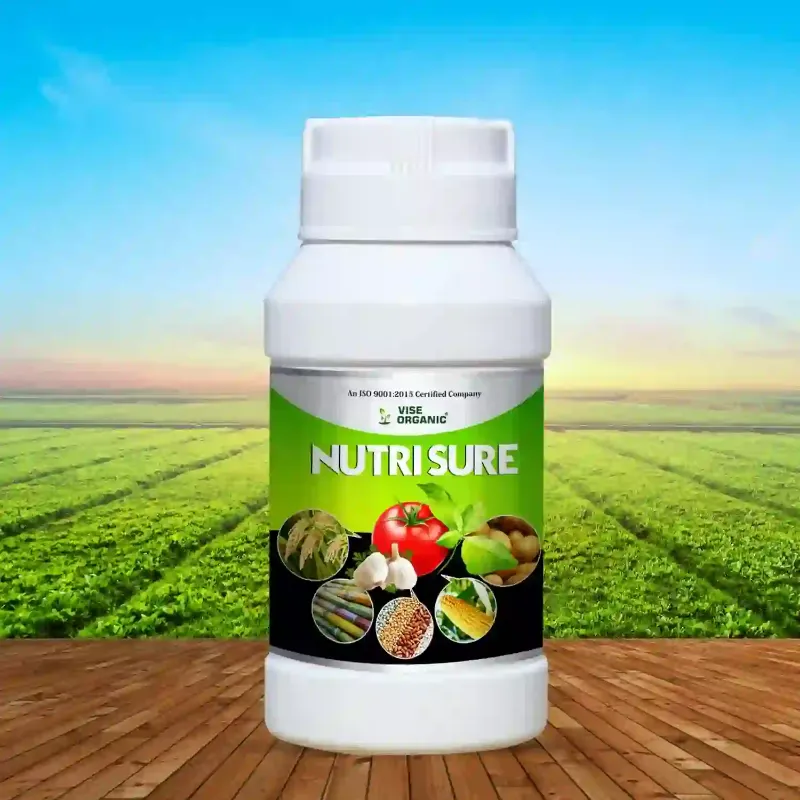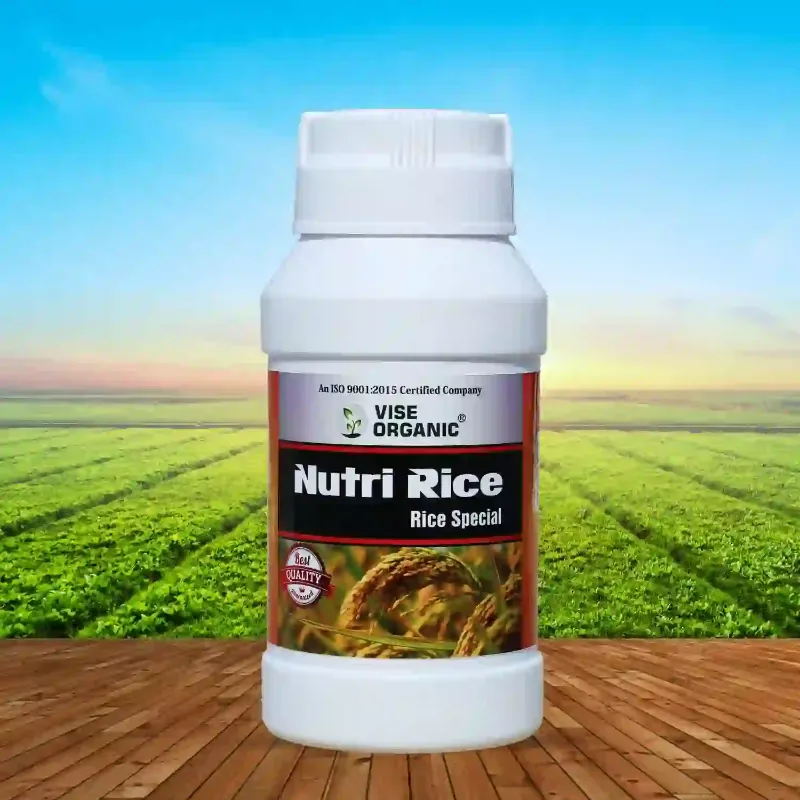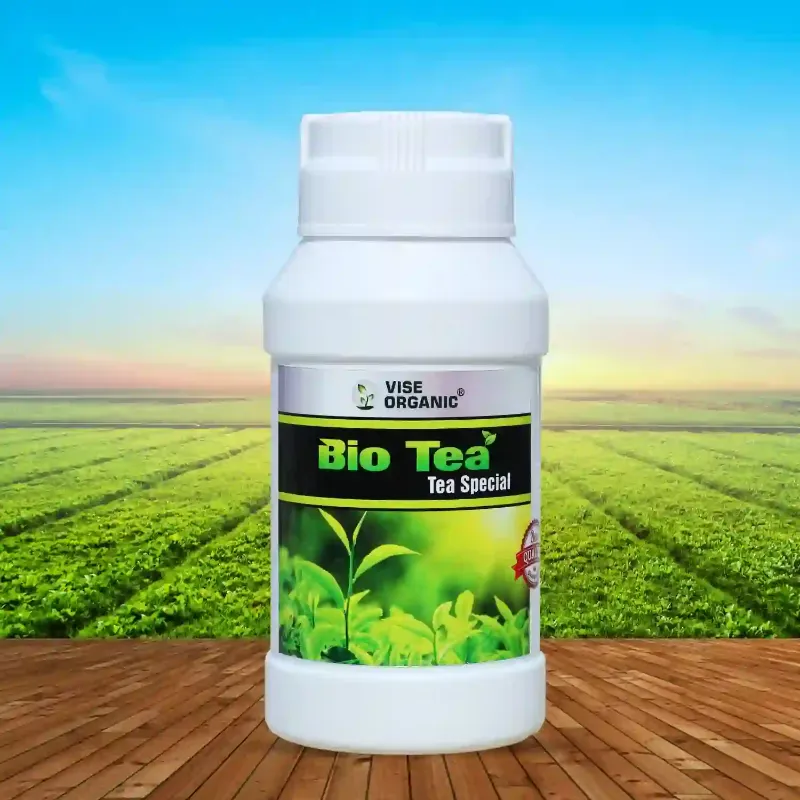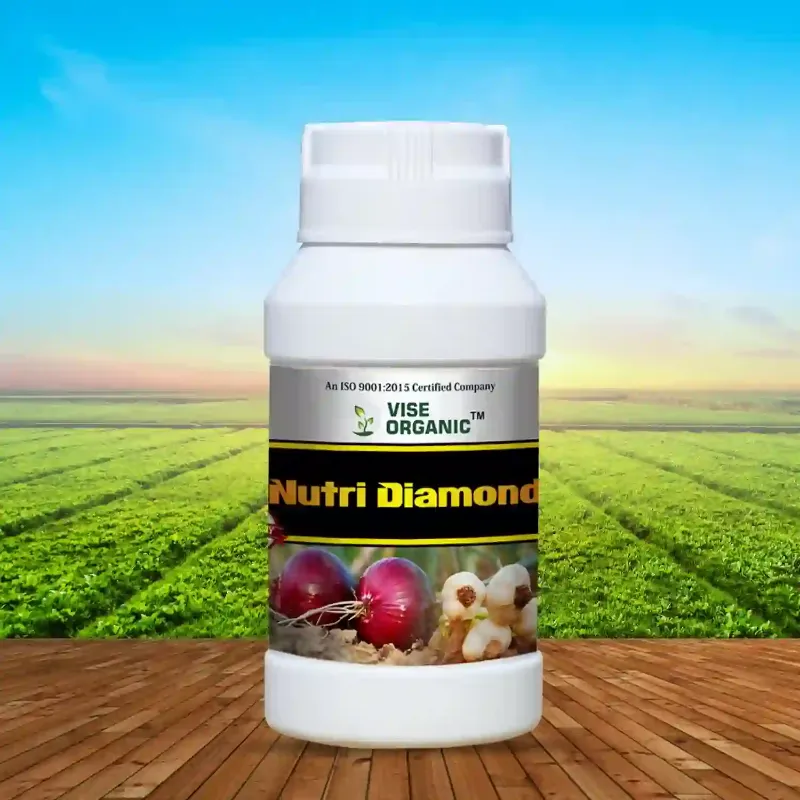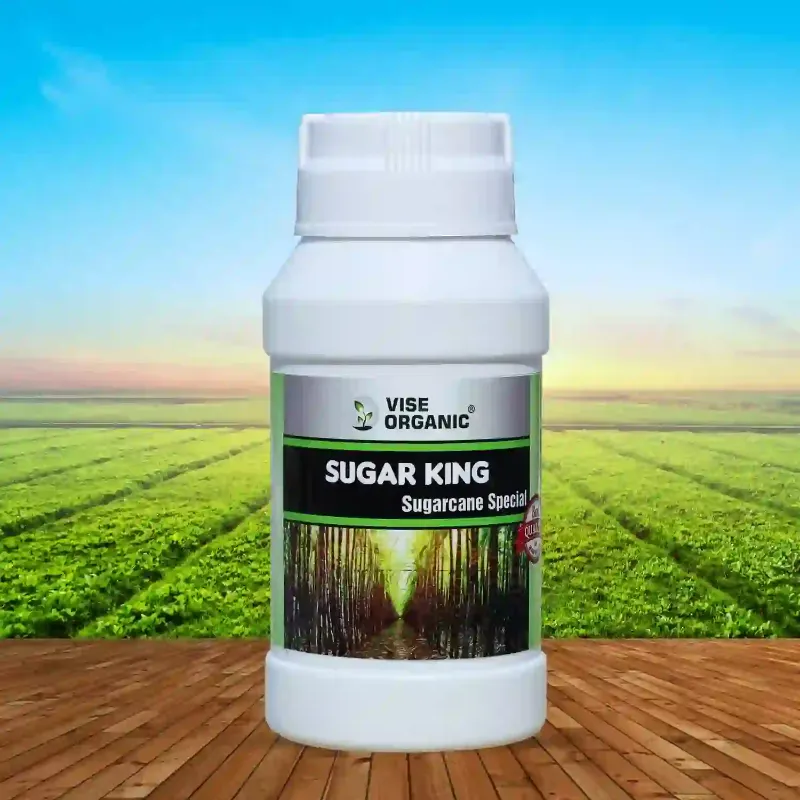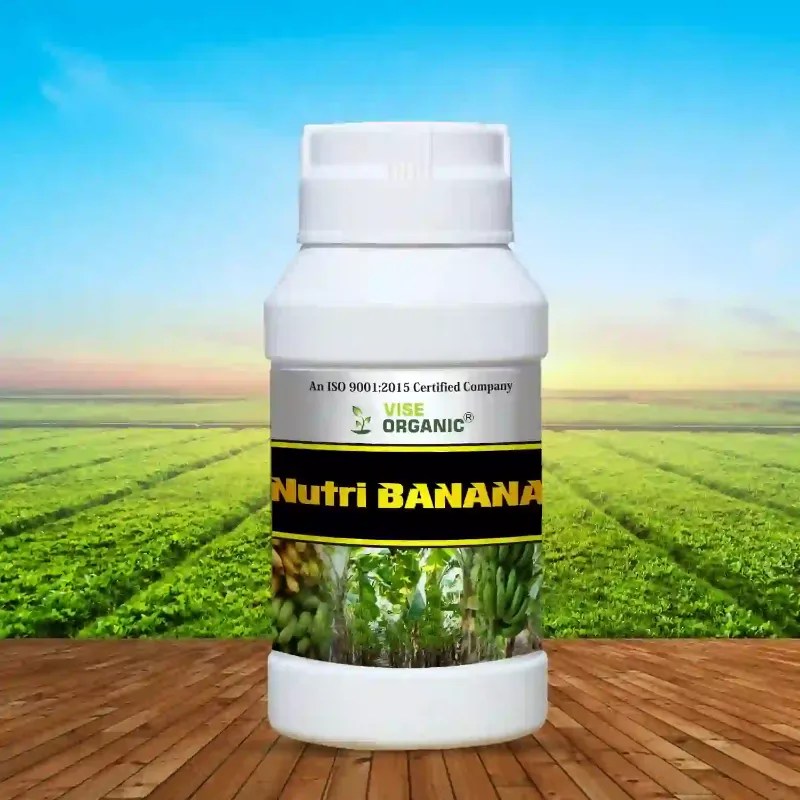Selecting the right fertilizer is essential for nurturing healthy, vibrant plants and maximizing their growth potential. With a plethora of options available, ranging from organic to synthetic fertilizers, it’s crucial for gardeners to understand how to choose the best fertilizer for their specific plant needs. Here’s a comprehensive guide to help gardeners make informed decisions when selecting fertilizers:
Understand Plant Nutrient Requirements
– Before you choose a fertilizer, assess the nutrient requirements of the plants you are growing. Different plants have varying needs for essential nutrients such as nitrogen, phosphorus, and potassium, as well as micronutrients like calcium, magnesium, and iron. Conducting a soil test can help determine which nutrients are lacking and guide fertilizer selection.
Consider N-P-K Ratios
– The numbers on fertilizers represent the percentage of nitrogen (N), phosphorus (P), and potassium (K) they contain. These numbers indicate the fertilizer’s N-P-K ratio, which corresponds to the primary nutrients required for plant growth. Gardeners should choose a fertilizer with an N-P-K ratio that matches the specific needs of their plants at different growth stages.
Choose Between Organic and Synthetic Fertilizers
– Gardeners can choose between organic and synthetic fertilizers based on their gardening preferences and environmental considerations. People favor organic fertilizers because of their sustainability, soil-building properties, and environmental friendliness. Synthetic fertilizers, on the other hand, are manufactured chemically and provide readily available nutrients but may have a higher risk of nutrient leaching and environmental pollution.
Consider Slow-Release vs. Quick-Release Fertilizers
– Gardeners can opt for either slow-release or quick-release fertilizers based on their gardening goals and preferences. Slow-release fertilizers release nutrients gradually over time, providing a steady and sustained supply of nutrients to plants and minimizing the risk of over-fertilization. Quick-release fertilizers, on the other hand, provide nutrients immediately but may require more frequent applications.
Evaluate Environmental and Health Impacts
– When selecting fertilizers, gardeners should consider the environmental and health impacts associated with their use. Organic fertilizers are generally considered safer and more environmentally friendly than synthetic fertilizers, as they contain natural ingredients and minimize the risk of chemical leaching and runoff.
In conclusion, choosing the right fertilizer for specific plant needs involves understanding plant nutrient requirements, considering N-P-K ratios, deciding between organic and synthetic options, evaluating slow-release vs. quick-release fertilizers, and assessing environmental and health impacts. By making informed decisions when selecting fertilizers, gardeners can nurture healthy, thriving plants while promoting sustainability and environmental stewardship in their gardens.

